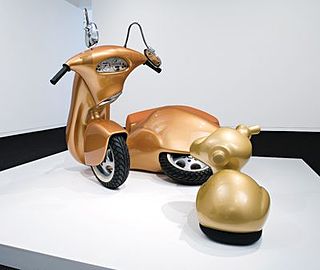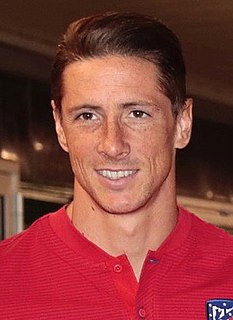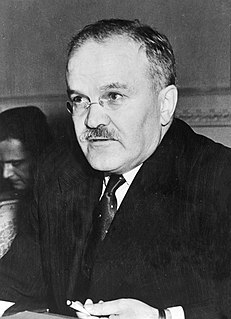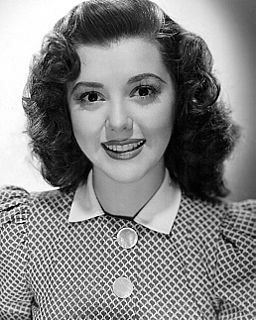A Quote by Pope Francis
I had an experience of knowing the Polish people when I was a child, and where my father worked many Poles came to work after the war. They were good people, and this has stayed in my heart.
Related Quotes
I was after a set of pictures, so that when people looked at them they would say, ‘This is war’-that the people who were in the war would believe that I had truthfully captured what they had gone through I worked in the framework that war is horrible. I want to carry on what I have tried to do in these pictures. War is a concentrated unit in the world and these things are clearly and cleanly seen. Things like race prejudice, poverty, hatred and bigotry are sprawling things in civilian life, and not so easy to define as war.
I remembered some people who lived across the street from our home as we were being taken away. When I was a teenager, I had many after-dinner conversations with my father about our internment. He told me that after we were taken away, they came to our house and took everything. We were literally stripped clean.
Kaz came to Switzerland where I was teaching to share with me [Heart Sutra] wondrous insight. There he and I worked on this new translation - with my part being to help render it into a verse form that would be good to chant. Since I have worked with many dying people over the years and often share the Heart Sutra with them, I found this new version that we created together to be so much more accessible to those who were facing death.
... the next war will be a war in which people not armies will suffer, and our boasted, hard-earned civilization will do us no good. Cannot the women rise to this great opportunity and work now, and not have the double horror, if another war comes, of losing their loved ones, and knowing that they lifted no finger when they might have worked hard?
Me and my sisters were taught that if our eyes worked and our legs worked, we were beautiful. We had so many kids in our family that if we all got in front of the mirror and were ashamed of browns and golds and yellows and whites, and we believed what society told us - that the darker people were less attractive and the lighter ones were prettier - we would have had sibling murders. My family, being half-rural and half-military, just came from a different place.
I had many, many mentors that I worked with. Music teachers, choir directors, directors in summer stock or in regional theater. You know, people I was able to work with repeatedly and learn from who were really sort of appropriate people for me to work with at a given time in my development as an actor.
I started out as an actor, but I forced myself to be a writer, even though I wasn't very good at it and had never written. I don't think I ever passed an English course in my life. My first eight to 10 scripts were pretty horrendous, but I stayed at it, stayed at it, and stayed at it, until I eventually found a voice and a subject like Rocky that people were interested in.
I think I got from my father and my mother a sense of morality, of the do's and don't's in society; the notion that good people don't do this; good people are responsible, good people participate in community, and good people vote, good people own land. These were things I heard from my father's pulpit.
Who can think that this eviction of Germans was undertaken only as a temporary experiment? Those who adopted the decision on the eviction of the Germans from these territories, and who understood that Poles from other Polish districts would at once move into these territories, cannot suggest after a while to carry out reverse measures. The very idea of involving millions of people in such experiments is unbelievable, quite apart from the cruelty of it, both towards the Poles and the Germans themselves.





































